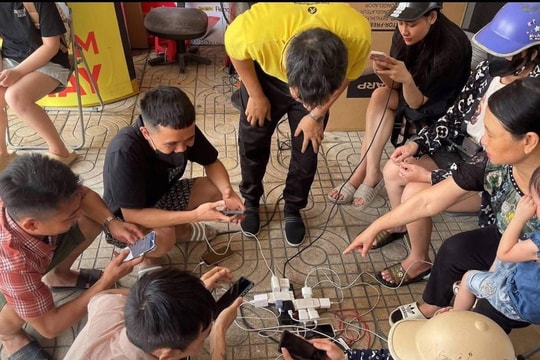Pedagogy students are exempt from tuition fees until 2021
Among the subjects that do not have to pay tuition fees from now until 2021 include: Primary school students in public schools; full-time students in Pedagogy majors studying at public vocational and higher education institutions, according to the State's training quotas.
The Ministry of Education and Training, Ministry of Finance, Ministry of Labor, War Invalids and Social Affairs has just issued Joint Circular 09 (effective from May 16, 2016), guiding the implementation of Decree 86/2015/ND-CP of the Government regulating the mechanism of collecting and managing tuition fees for educational institutions in the national education system and policies on tuition exemption, reduction, and support for learning costs from the 2015-2016 school year to the 2020-2021 school year.
Accordingly, subjects not required to pay tuition fees include: Primary school students in public schools; full-time students in pedagogical training programs studying at public vocational and higher education institutions, according to the State's training quotas; people studying specialized majors that meet the requirements of socio-economic development, national defense and security according to the provisions of the Law on Higher Education. Special specialized majors are issued by competent state agencies.
Subjects exempted from tuition fees include: People with meritorious services to the revolution and relatives of people with meritorious services to the revolution according to the Ordinance on Preferential Treatment of People with Meritorious Services to the Revolution; preschool children and students with disabilities from poor or near-poor households, preschool children and primary school students whose parents are from poor households, preschool children and primary school students who are children of non-commissioned officers and soldiers serving for a term in the people's armed forces according to regulations.
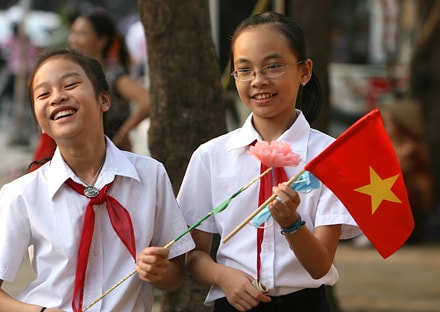 |
| Primary school students in public schools; full-time students in pedagogy at public schools are exempt from tuition fees. |
Students of the selection system; students of ethnic minority boarding schools, university preparatory schools, and university preparatory faculties; students studying at vocational and higher education institutions who are ethnic minorities from poor and near-poor households; students majoring in Marxism-Leninism and Ho Chi Minh Thought; students of very small ethnic minorities in areas with difficult or especially difficult socio-economic conditions; college and university students, graduate students, biological researchers majoring in the field of atomic energy... are also exempted from tuition fees.
The subjects receiving support for study costs include: Kindergarten children and primary school students who are orphans of both parents; kindergarten children and primary school students with disabilities who are from near-poor households according to regulations of the Prime Minister; kindergarten children and primary school students whose parents are from poor households according to regulations of the Prime Minister.
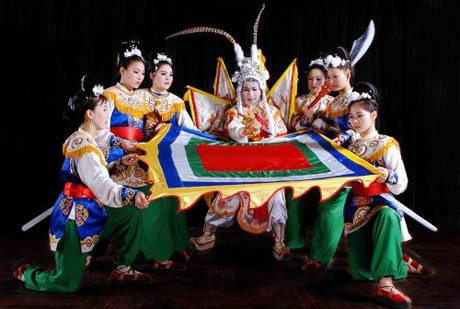 |
| Students studying traditional arts receive a 70% reduction in tuition fees (photo: GD&DT) |
In addition, there are many subjects that are entitled to a tuition reduction. Among them, the subjects that are entitled to a 70% tuition reduction include: Students studying traditional and special arts in public and non-public cultural and art schools.
Students majoring in royal court music, opera, classical drama, reformed opera, dance, circus; some arduous, toxic, and dangerous occupations in vocational education. The list of arduous, toxic, and dangerous occupations is regulated by the Ministry of Labor, War Invalids, and Social Affairs; Kindergarten children and students who are ethnic minorities in areas with particularly difficult socio-economic conditions as prescribed by competent authorities are also entitled to a 70% reduction in tuition fees.
Subjects eligible for a 50% reduction in tuition fees include: Kindergarten children and students who are children of officials, workers, and civil servants whose father or mother has had a work-related accident or occupational disease and is entitled to regular allowances; Kindergarten children and primary school students whose parents are near-poor households according to regulations.
According to Dan Tri


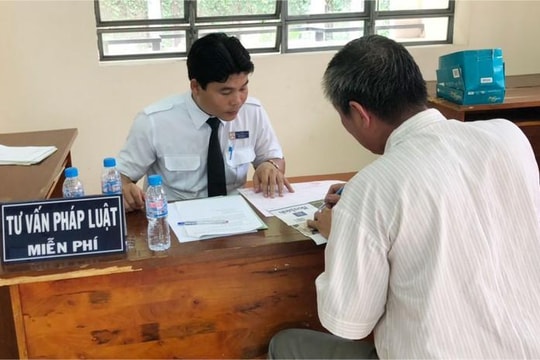

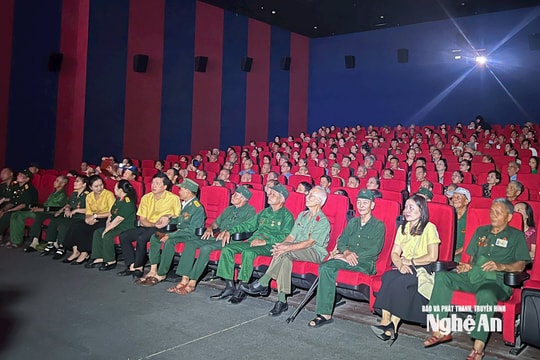
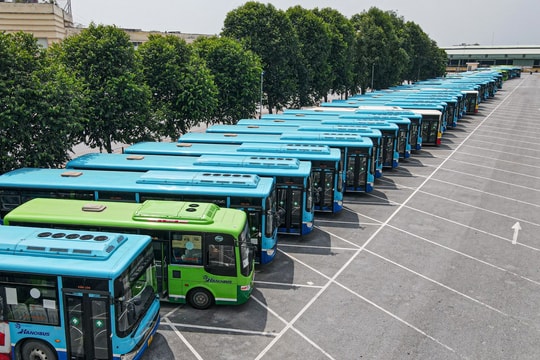
.jpg)
